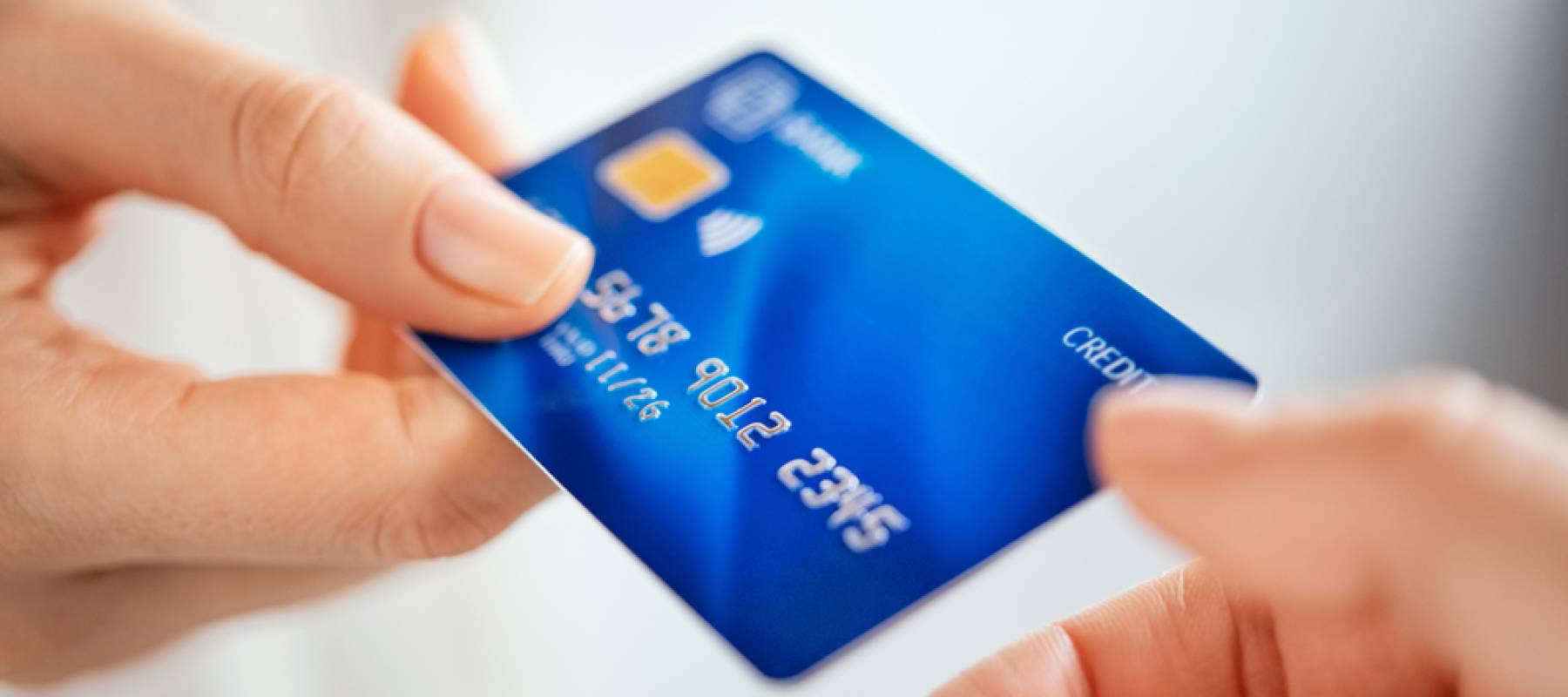What are payday loans?
Payday loans (also known “cash loans”) are typically loans of less than $1,500, with short repayment periods of a few weeks or less. These types of loans generally aren’t offered by banks or credit unions; payday lenders instead operate brick-and-mortar stores or loan websites. Payday loans have high interest rates and fees, and borrowers are required to pay the entire loan back plus interest at the end of the loan term.
How do payday loans work?
When applying for a payday loan, you’ll need the following documentation:
- Your address
- Proof of income
- Your bank account information
You’ll also need to set up a pre-authorized withdrawal so the payday loan company can withdraw money directly from your bank account, or you’ll need to give them a preauthorized cheque for the total loan amount plus fees.
Before you sign up for a payday loan, your lender must provide you with a contract that shows your loan amount, interest rate, fees, total loan costs, and due date. Make sure to read this document carefully before signing it. Once your lender approves you for a payday loan, they will either deposit the money in your account via direct deposit, give you cash, or require you to use a prepaid card.
At the end of the loan period you must pay back the original amount, plus fees and interest, to either the physical store or the online platform where the loan was taken out.
Total cost to borrower
As you can see, the interest rates on payday loans are hardly favourable to a consumer. Interest rates aside, you’ll also likely need to pay fees on your payday loan, such as an origination/processing fee (a fee you pay to simply obtain the loan), a fee to activate your cash card if applicable, and late payment fees if you default. These fees can potentially add hundreds of dollars to your total loan amount.
Here's a quick rate comparison for reference:
| Average Personal Loan | Average Overdraft Protection on a Chequing Account | Average Credit Card Cash Advance | Average Payday Loan | |
|---|---|---|---|---|
| Interest Rate | 7% | 19% | 21% | 546% |
| Cost to Borrow $1,000 for Two Weeks | $2.69 | $7.30 | $8.07 | $210 |
Defaulting on your payday loan in Canada
You are responsible for paying back your payday loan plus interest and fees at the end of the term, which is usually on your next payday. A default will prompt your lender to contact you to collect the payment, and if they can’t contact you, your credit score will suffer. They may also contact your employer or your family to get in touch with you. Ultimately an unpaid loan may be sent to a collection agency, or your lender may sue you or attempt to seize your property for payment. Finally, your lender could garnish your wages, which means a portion of your paycheque will be docked to pay back your loan.
If you can’t pay back your loan, you’ll incur default fees from your lender, and your payday loan will continue to accumulate interest until it is repaid.
Alternatives to payday loans
If you have a low credit score and you need money quickly, a payday loan may seem like an appealing option. But the trappings of a payday loan shouldn’t be taken lightly, and payday loans should always be a last resort after all of the below alternatives have been considered.
Personal loans
You can obtain short-term cash by applying for a personal loan from a bank or a credit union. The repayment terms are usually longer, which means you’ll be able to pay back the balance slowly. The interest rate is typically much lower than a payday loan, and some lenders specialize in offering bad credit loans to customers with a low credit score.
Balance transfer credit cards
If you’re taking out a loan to pay off credit card debt, consider instead transferring the outstanding balance to a balance transfer credit card. A balance transfer credit card is a credit card that offers a low promotional interest rate (sometimes as low as 0%) for a set period like 6-12 months.
- Related Article: Balance transfer vs. personal loan: Which Is better for you?
Credit card cash advances
If you need cash quickly and you don’t have time to wait for personal loan or balance transfer card approval, you can probably take out a cash advance on your credit card. A cash advance lets you access funds immediately from an ATM. Your withdrawn funds will start accumulating interest immediately, but that interest will still likely be far less than a payday loan.
How to avoid payday loans
The best way to avoid payday loans is to build a solid financial foundation so you can handle financial emergencies without turning to debt. There are several steps you can take to ensure you never have to rely on payday loans.
Budget
Reviewing and tightening up your monthly budget allows you to get a clear view of your finances, cut excess spending, and ultimately get out of debt. You can budget the old fashioned way by recording monthly expenses and income by hand, but there are also a number of budgeting apps in Canada to simplify and speed up the process.
Build an emergency fund.
An emergency fund is money that you save for the sole purpose of using during emergencies. Emergency funds can be as small as a few thousand dollars, but over time you should aim to save three to six months of minimum expenses. Your emergency fund should be kept in a savings account, not invested, so it is easy to withdraw and available when you need it.
Increase your income
If you’re living paycheque to paycheque, the idea of building an emergency fund may seem impossible. In this case, you need to focus on growing your income. Working overtime, finding a second job, or freelancing in the evenings will supplement your regular income and give you the flexibility to start saving for financial emergencies.
Still thinking about getting a payday loan?
Emergencies happen, and sometimes you just need access to cash immediately. We get it.
But before you sign for a payday loan, carefully consider the alternatives we’ve recommended. Payday loans are notorious for high interest rates and exorbitant fees designed to keep you in a cycle of debt, and should be avoided like the plague. But if you have absolutely no alternative, at least make sure you have a clear picture of the total repayment cost of the loan, and have a solid plan in place to pay it back on time.






